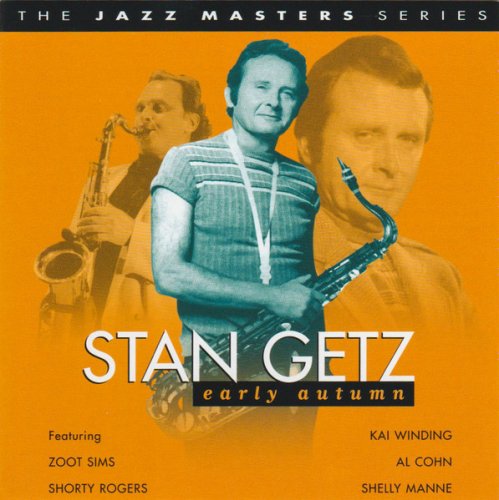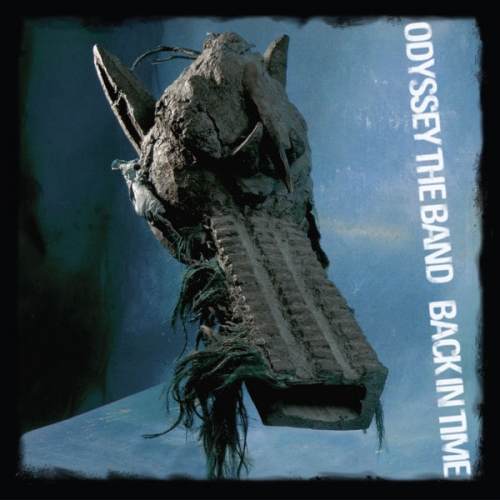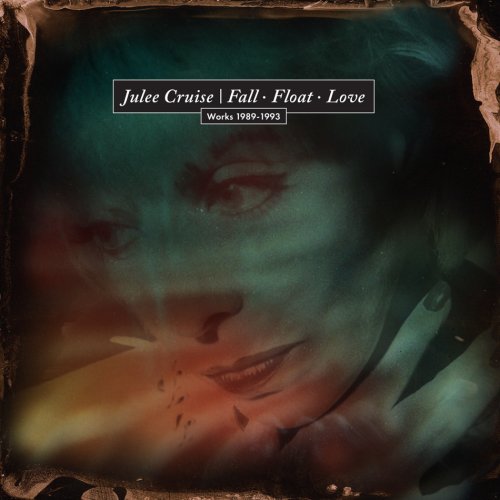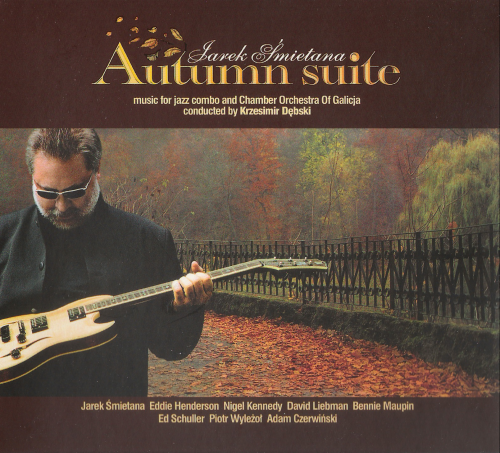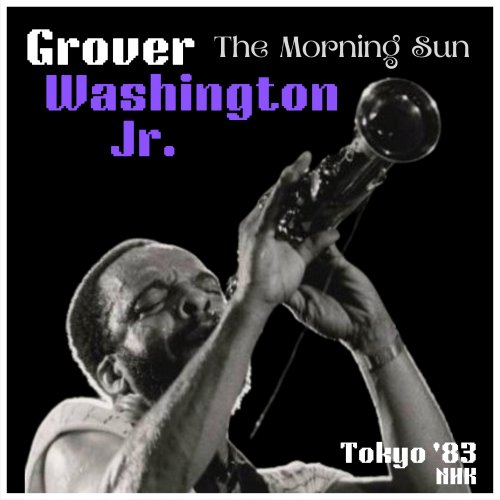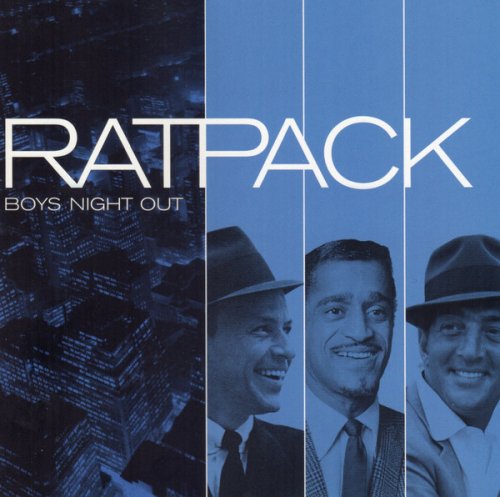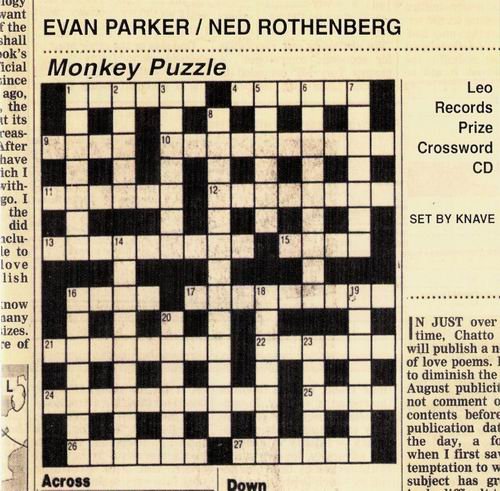Guildford Choral Society, Hilary Davan Wetton - Gustav Holst - The Morning of the Year, The Golden Goose, King Estmere (1996)
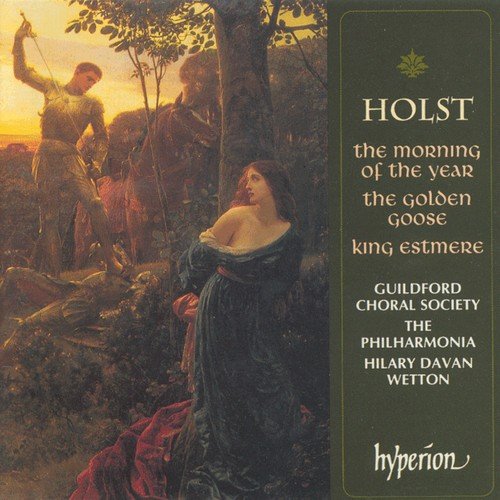
Artist: Guildford Choral Society, Hilary Davan Wetton
Title: Gustav Holst - The Morning of the Year, The Golden Goose, King Estmere
Year Of Release: 1996
Label: Hyperion
Genre: Classical, Choral
Quality: FLAC (image+.cue,log,scans)
Total Time: 72:10
Total Size: 346 Mb
WebSite: Album Preview
Tracklist: Title: Gustav Holst - The Morning of the Year, The Golden Goose, King Estmere
Year Of Release: 1996
Label: Hyperion
Genre: Classical, Choral
Quality: FLAC (image+.cue,log,scans)
Total Time: 72:10
Total Size: 346 Mb
WebSite: Album Preview
Gustav Holst (1874-1934)
[1]-[12] The Golden Goose
A Choral Ballet, H 163 (Op.45 No.1)
[13]-[23] The Morning of the Year
A Choral Ballet, H 164 (Op.45 No.2)
[24]-[34] King Estmere
An Old English Ballad for Chorus and Orchestra, H 70 (Op.17)
Performers:
Guildford Choral Society
The Philharmonia Orchestra
Hilary Davan Wetton, conductor
Some composers really deserve their reputation as artists whose fame rests on a single work, but with Holst the popularity of The Planets really has obscured the large quantity of good music he wrote in other forms. Part of the problem also stemmed from his daughter, Imogene, who was severely critical of her father's work and whose baleful influence persists to this day. These three choral ballets contain a large measure of delightful and wholly characteristic music. It's crime that we have had to wait until now for a complete recording of them, and fortunately these performances make a strong case for many more.
Gustav Holst was an underrated composer during his lifetime, and remains under-appreciated today (with the obvious exception of THE PLANETS). He struggled to escape the shadow of the momumental British composers that were his near-contemporaries, as well as his own less-than-stellar reputation as a conductor. Yet his music is extremely influential and rewarding, infused with both an undeniable English-ness and hints of his fascination with mystical underpinnings.
Every note on this recording is a marvel...this is exactly what one would expect when thinking of "British" music, with all of the attendant pomp and majesty. Holst even "out-Englishes" such masters as Elgar and Vaughan Williams, yet he has a style all his own.
I recommend this to all fans of choral works... and recommend Holst to anyone who appreciates great music.
The Golden Goose and The Morning of the Year are examples of a form called the 'choral ballet' and were written in the mid 1920s. Within the umbrella term of 'Tudor-revivalism' there was a new interest in masques and Elizabethan 'dumb' shows and after the Great War such outdoor entertainments provided a focus for a celebration of national culture.
The Golden Goose tells the story of the princess who could not laugh (adapted in verse from Grimm's Fairy Tales). The 'Morning of the Year' is the spring equinox and was traditionally celebrated in Britain by morris dancers and other forms of music and dancing. The challenge that faced Holst was how to develop a modern celebration of a traditional event.
King Estmere was written some twenty years earlier and sets an old English ballad, a Romantic fantasy of love and magic. At its first performance the work won great praise for its 'very remarkable originality' (Daily Graphic) and its 'imagination and cleverness' (The Musical Times).
Gustav Holst was an underrated composer during his lifetime, and remains under-appreciated today (with the obvious exception of THE PLANETS). He struggled to escape the shadow of the momumental British composers that were his near-contemporaries, as well as his own less-than-stellar reputation as a conductor. Yet his music is extremely influential and rewarding, infused with both an undeniable English-ness and hints of his fascination with mystical underpinnings.
Every note on this recording is a marvel...this is exactly what one would expect when thinking of "British" music, with all of the attendant pomp and majesty. Holst even "out-Englishes" such masters as Elgar and Vaughan Williams, yet he has a style all his own.
I recommend this to all fans of choral works... and recommend Holst to anyone who appreciates great music.
The Golden Goose and The Morning of the Year are examples of a form called the 'choral ballet' and were written in the mid 1920s. Within the umbrella term of 'Tudor-revivalism' there was a new interest in masques and Elizabethan 'dumb' shows and after the Great War such outdoor entertainments provided a focus for a celebration of national culture.
The Golden Goose tells the story of the princess who could not laugh (adapted in verse from Grimm's Fairy Tales). The 'Morning of the Year' is the spring equinox and was traditionally celebrated in Britain by morris dancers and other forms of music and dancing. The challenge that faced Holst was how to develop a modern celebration of a traditional event.
King Estmere was written some twenty years earlier and sets an old English ballad, a Romantic fantasy of love and magic. At its first performance the work won great praise for its 'very remarkable originality' (Daily Graphic) and its 'imagination and cleverness' (The Musical Times).
